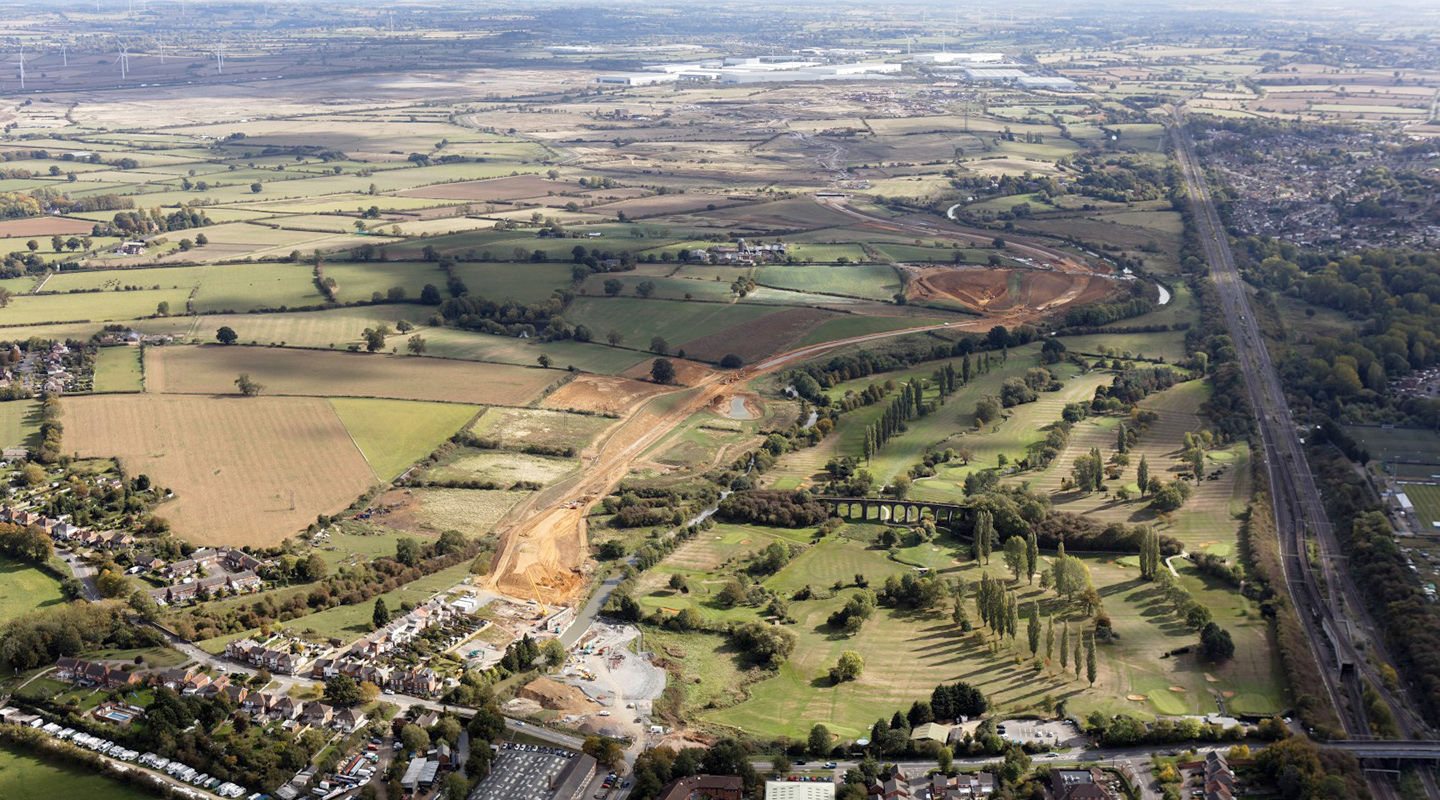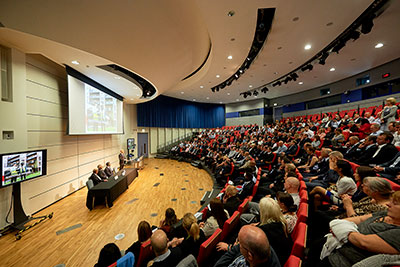Topic Carbon
Date 03 Jul 2023
Galliford Try, one of the UK’s leading construction groups, has received validation for its ambitious carbon reduction targets from the UN-backed Science Based Targets initiative (SBTi).
The SBTi confirmed that the Group’s near-term target to reduce GHG (Green House Gas) emissions was determined to be aligned with a 1.5°C trajectory, the most ambitious designation available through the SBTi process and in line with the 1.5 °C range that avoids the worst impacts of climate change.
The SBTi is a partnership between CDP, the United Nations Global Compact, World Resources Institute (WRI) and the World Wide Fund for Nature (WWF) which drives ambitious climate action in the private sector by enabling organisations to set science-based emissions reduction targets.
Commenting on the news, Bill Hocking, Chief Executive of Galliford Try, said: “We are delighted to have achieved SBTi validation of our carbon reduction targets.
“As a progressive business, committed to doing the right thing, we recognise the urgency of the climate crisis and champion the role we play in decarbonising the economy for a greener, more sustainable future. Our net zero carbon ambitions form a vital part of our Sustainable Growth Strategy, and this validation of our neat term tagets from the SBTi demonstrates our active commitment to minimising our own carbon footprint and ensuring the long-term sustainability of the buildings, infrastructure and services we provide.”
Galliford Try is well advanced on its carbon journey having voluntarily reported direct greenhouse gas emissions since 2012 and had them verified to ISO 14064-1, an international standard for the reporting and removal of greenhouse gas emissions that contributes to the UN’s Sustainable Development Goals for Climate Action. As a result of several carbon reduction initiatives, the Group has reduced carbon dioxide equivalent emissions across its own operations (Scope 1 and 2) by 65% from 2012 to 2021.








